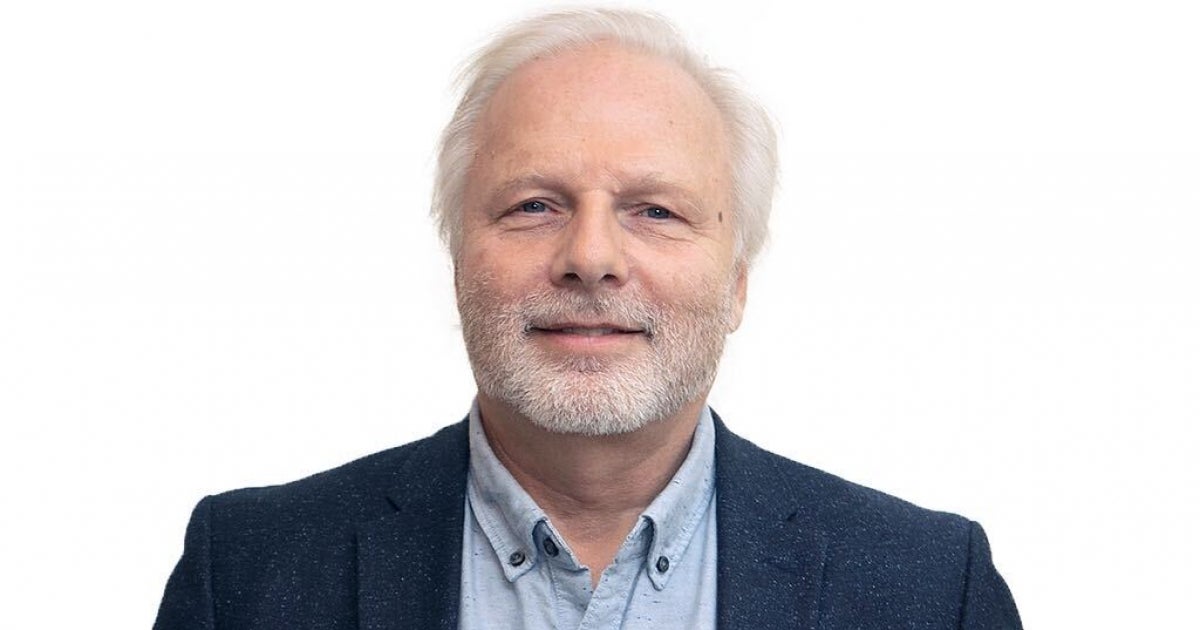Fêtes Religieuses et Prosélytisme Électoral: Une Ligne Fine à Naviguer
Meta Description: Exploration du lien complexe entre les fêtes religieuses et le prosélytisme électoral en France et ailleurs. Analyse des implications légales, éthiques et sociologiques de cette pratique délicate.
Keywords: fêtes religieuses, prosélytisme électoral, élections, religion, politique, laïcité, France, campagne électorale, influence religieuse, vote, manipulation, droit, éthique.
The intersection of religious holidays and electoral campaigning presents a complex and often contentious issue. While freedom of religion and freedom of expression are fundamental rights, the potential for exploiting religious fervor for electoral gain raises significant ethical and legal concerns. This article delves into the nuanced relationship between religious festivals and electoral proselytism, examining its implications in various contexts, particularly within the framework of French laïcité and similar principles in other countries.
I. Laïcité et le Défi du Prosélytisme Électoral:
France, with its strong tradition of laïcité, presents a particularly interesting case study. Laïcité, often misunderstood as mere secularism, is a principle of strict separation of church and state, aiming to ensure religious neutrality in public life. This principle directly impacts how religious holidays interact with electoral processes. While celebrating religious festivals is perfectly legal, using these events as platforms for overtly political campaigning or subtly influencing voters based on religious affiliation is strictly prohibited. The line between legitimate expression of faith and illicit electoral proselytism is often blurred, leading to frequent debate and legal challenges.
II. Manifestations Subtiles du Prosélytisme:
The most challenging aspect of addressing electoral proselytism linked to religious festivals lies in its often subtle nature. Openly campaigning within a religious service is rare and easily identifiable as a violation. However, more insidious forms of influence can be harder to detect and regulate. These can include:
- Utilisation symbolique: Employing religious imagery or language in campaign materials, even without explicitly mentioning a specific religion, can subtly appeal to religious sentiments.
- Ciblage communautaire: Focusing campaign efforts on specific religious communities, offering tailored promises or addressing issues of particular importance to that group, risks exploiting religious identity for electoral advantage.
- Financement opaque: The funding of political campaigns from religious organizations or individuals can raise concerns about undue influence and a lack of transparency. Tracing the origins of campaign funds becomes crucial in these situations.
- Discours ambigus: Politicians might use vague religious language to evoke positive emotions without making explicit endorsements, thereby appealing to a wider religious spectrum while avoiding direct accusations of proselytism.
III. Cadre Légal et Sanctions:
The legal framework surrounding electoral proselytism varies across countries. In France, the laws concerning laïcité provide a robust basis for addressing violations. However, proving intent and establishing a direct link between religious events and electoral manipulation can be difficult. Sanctions for violations can range from fines to disqualification from elections. The effectiveness of these legal mechanisms depends heavily on rigorous enforcement and the willingness of authorities to investigate and prosecute potential offenses.
IV. Cas d'Études Comparatifs:
Examining other countries sheds light on diverse approaches to this issue. In the United States, with its strong tradition of religious freedom, the line between expressing faith and electoral campaigning is less rigidly defined. However, regulations still exist to prevent undue influence by religious organizations on political processes. Similarly, countries with diverse religious populations, such as India or Indonesia, grapple with the challenges of balancing religious freedom with preventing the misuse of religious sentiment for political gain. These different contexts highlight the need for tailored legal and ethical frameworks.
V. Implications Sociologiques et Éthiques:
Beyond legal frameworks, the ethical implications of using religious holidays for electoral purposes deserve careful consideration. Such practices undermine the principles of democratic fairness and equal opportunity. They can exacerbate social divisions based on religious identity and erode trust in political institutions. Moreover, the potential for manipulation and exploitation of vulnerable populations raises serious ethical concerns. The focus should be on fostering inclusive and respectful electoral processes that transcend religious and other forms of identity-based divisions.
VI. Rôle des Médias et de la Société Civile:
The media plays a crucial role in scrutinizing political campaigns and identifying potential instances of electoral proselytism. Investigative journalism and critical analysis of campaign rhetoric are vital for ensuring transparency and accountability. Civil society organizations also have a significant role to play in promoting ethical electoral practices and advocating for stricter regulations where necessary. Education and awareness campaigns can help inform the public about the subtle forms of manipulation and empower them to make informed choices during elections.
VII. Perspectives Futurs et Recommandations:
Addressing the challenges posed by the intersection of religious festivals and electoral campaigning requires a multi-pronged approach. This includes:
- Renforcement du cadre légal: Strengthening legal frameworks to address subtle forms of electoral proselytism while safeguarding freedom of religion and expression.
- Transparence accrue: Implementing stricter regulations on campaign financing to ensure transparency and prevent undue influence from religious or other special interest groups.
- Promotion de l'éducation civique: Educating the public about ethical electoral practices and fostering a culture of responsible citizenship.
- Dialogue interreligieux: Promoting dialogue and understanding between different religious communities to foster a climate of mutual respect and cooperation.
- Surveillance accrue des médias: Encouraging media outlets to actively monitor and report on potential instances of electoral proselytism.
Conclusion:
The relationship between religious festivals and electoral proselytism is a complex and sensitive issue demanding careful attention. Balancing the fundamental rights of freedom of religion and expression with the need for fair and transparent electoral processes requires a nuanced and context-specific approach. By strengthening legal frameworks, promoting transparency, and fostering a culture of ethical political engagement, societies can mitigate the risks of religious manipulation in electoral processes and ensure that elections remain true reflections of the will of the people. Further research and ongoing dialogue are vital to continuously refine our understanding and response to this evolving challenge. The future of democratic governance depends on maintaining the integrity of electoral processes and safeguarding them from undue influence of any kind, including religiously motivated manipulation.

